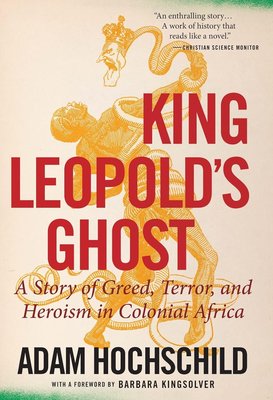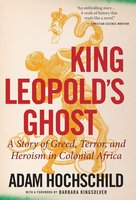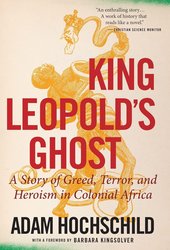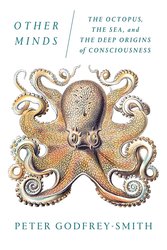The 25th Anniversary Edition, with a foreword by Barbara Kingsolver "An enthralling story . . . A work of history that reads like a novel." — Christian Science Monitor “As Hochschild’s brilliant book demonstrates, the great Congo scandal prefigured our own times . . . This book must be read and reread.” — Los Angeles Times Book Review A National Book Critics Circle Award Finalist * A New York Times Notable Book In the late nineteenth century, as the European powers were carving up Africa, King Leopold II of Belgium carried out a brutal plundering of the territory surrounding the Congo River. Ultimately slashing the area’s population by ten million, he still managed to shrewdly cultivate his reputation as a great humanitarian. A tale far richer than any novelist could invent , King Leopold’s Ghost is the horrifying account of a megalomaniac of monstrous proportions. It is also the deeply moving portrait of those who defied Leopold: African rebel leaders who fought against hopeless odds and a brave handful of missionaries, travelers, and young idealists who went to Africa for work or adventure but unexpectedly found themselves witnesses to a holocaust and participants in the twentieth century’s first great human rights movement.






